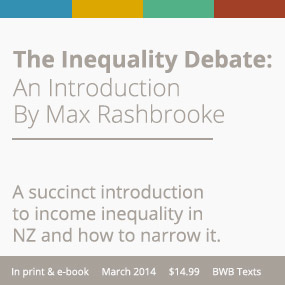Brand Allbirds Charting Climate-Positive Roadmap
The last four years have been a whirlwind for New Zealander Tim Brown and American Joey Zwillinger, the founders of Allbirds. The company has recently announced that it has filed a Series D round led by Baillie Gifford and Fidelity, US business magazine, Fast Company reports. The round hasn’t closed yet, but it will be up to US$75 million, bringing the brand’s total funding to up to US$150 million.
Brown and Zwillinger say that some of the money will go toward its current growth, but they’ll also use it to help achieve its goals to become more sustainable in the age of climate change.
“This is a big problem we’re trying to tackle,” Zwillinger says. “We can’t accomplish environmental stewardship and leadership in a quarter, or even a couple of years. Our time horizon is in the decades, and it was important that we find investors who would understand this.”
As Fast Company’s Elizabeth Segran reported last year, Allbirds is already carbon-neutral. It has rigorously assessed its own carbon footprint across its entire operations, from the raw materials used in the shoes to the carbon employees emit on their commute to work. In other words, Allbirds has imposed a carbon tax on itself, similar to how some governments – including Denmark and Finland – have levied carbon taxes on companies. By treating this cost as a line expense on its balance sheet, it is in Allbirds’ interest to keep its own emissions low, since every unit of carbon emitted is a business expense.
This new flood of new cash will go, in part, toward developing systems to reduce its carbon emissions. Allbirds is now investing in regenerative agriculture, an approach to farming that seeks to increase biodiversity and, importantly, capture carbon in soil and plants to take it out of the atmosphere. The Rodale Institute, which helped pioneer this approach to farming, released a white paper in 2014 that estimated that the world could sequester more than 100 per cent of current annual carbon emissions through these practices.
As Allbirds invests in regenerative agriculture, particularly in the areas where it sources its own raw materials – like eucalyptus and wool – it will be able to reduce the carbon footprint of every shoe it produces. This means the company will offset less carbon because it will emit less. “This is outside the realm of normal business operations for us,” Zwillinger says. “These investments will reduce our profitability in the near term, but will pay off for our company in the longer term.”
From the start, Allbirds’ founders have seen their company not just as a shoe brand but also as a material science company. They’re continuing to invest in and develop new materials that are more sustainable than the traditional materials used in shoe industries.
Ultimately, Allbirds’ founders says it will take a large-scale effort from many parties, including governments and universities. But the private sector can play a valuable role in moving the needle, particularly since companies tend to be able to implement solutions faster than these other institutions. “We’re feeling the urgency of the problem,” Brown says. “It’s one thing to make pledges for 2040 and another to attack the problem where we can, right now. That’s what we’re trying to do.”
Original article by Elizabeth Segran, Fast Company, January 7, 2020.














